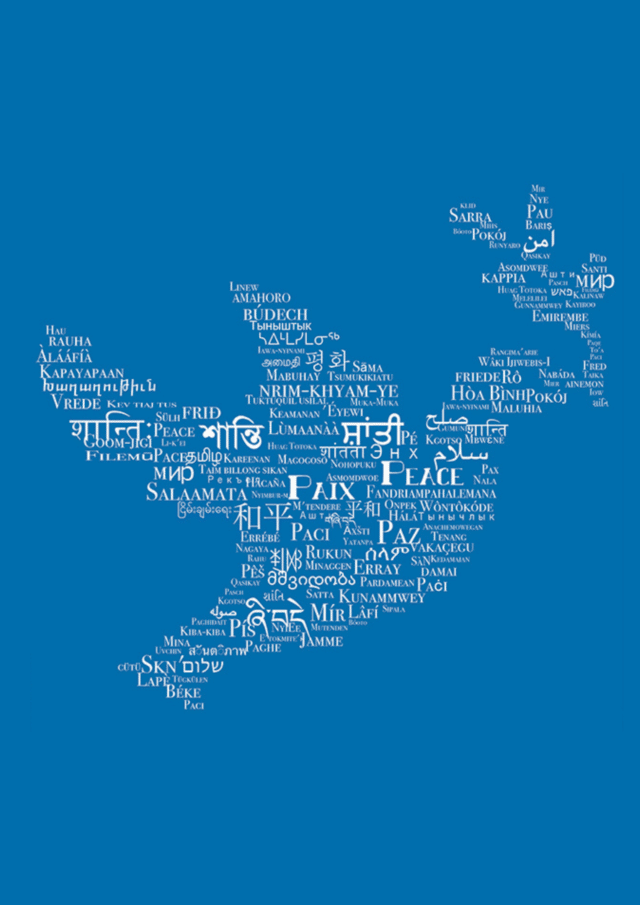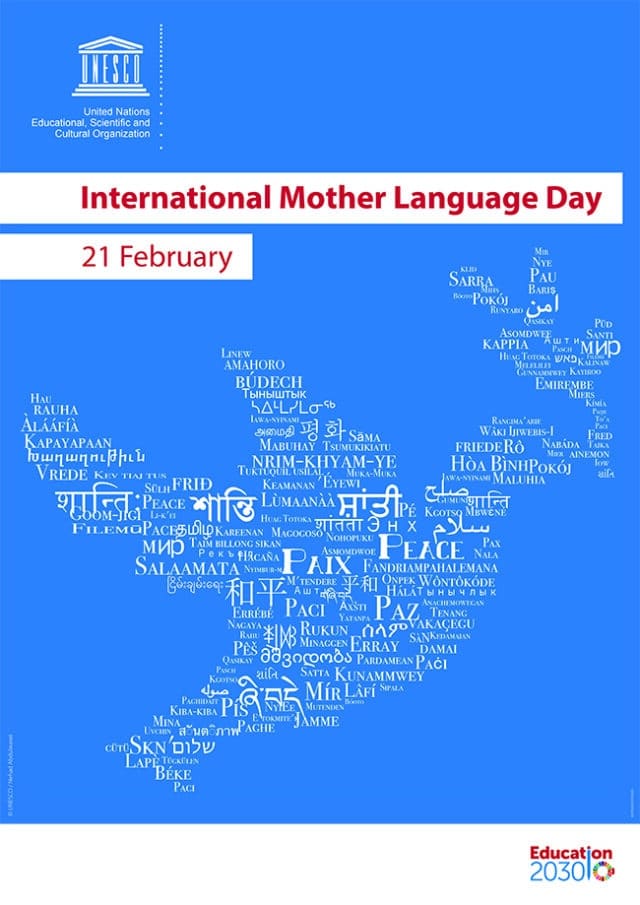Blog
Don’t waste time, learn a new language while you are still young

Alex S
English as an Additional Language (EAL) student, Abingdon School
Read the blog
Moving to another country is always hard; it is totally different to visiting it. When you move to a new environment, not only are you leaving your past life behind, but you also face the struggle to adapt to a whole new world. I know this because, in June 2022, I stepped onto English soil for the first time.
I knew that I would be moving to the UK in advance, but it wasn’t a comfort to me. I had learned a lot of English in school but I wasn’t totally sure if I would be able to communicate without trouble. It was unbearably hard for the first two or three months. My main struggles were my poor vocabulary and my heavy Eastern European accent, which made it incredibly hard to express myself clearly.
Furthermore, when school started in September, I faced a problem I had not expected to face at all: numbers. Specifically, pronouncing them correctly. It was a dreadful experience, knowing the right answer but being unable to say it properly or quickly. Another problem was the frequent use by my classmates of references to books that I had never read, or movies I had never seen. As well as this, I could not reference the books or movies from my country of origin, for a similar reason. No one would have understood me.
This created a feeling of isolation in a crowded and noisy classroom. However, despite all of these struggles, there are actually some gifts to being an EAL student.
First of all, knowledge of one or two other languages opened a wide range of language structures I could use in my writing. I still couldn’t reference books, but I could use proverbs or idioms. The only problem was how to translate them properly, without losing the sense of them.
With practice, I have managed to master this skill. Before I left home, I had never given any thought to how specific idioms are to each language. It’s only when I try to translate them, that I realise they’re pretty impossible to translate without losing the meaning or causing confusion. For example, we have an idiom which translates as something like,
Either you are a Duke or you’ll disappear.
We use this when someone is about to take a chance on something that could either go very wrong or very right. Some have more of a direct relationship to English idioms. Another is:
The fish begins to rot from the head.
This one is a comment on leadership. Some of our idioms sound quite violent: our equivalent of “many hands make light work,” is:
It’s easier to beat your master in a group.
This year I’ve had an opportunity to study some English literature, mostly Shakespeare and his Macbeth. I was quite familiar with Shakespeare’s writings before; I studied Romeo and Juliet and Othello as a part of foreign literature course back home, and I was able to draw some parallels between English literature and literature in my country. Both of them are similar in genre – drama and tragedy. But whilst English authors seem to focus mostly on the privileged parts of society: kings, knights and nobles, authors at home (even those who were quite wealthy and successful), wrote more about peasants, farmers and workers, who were enslaved by feudal masters. My home country has had a very long history of occupation and strife that is reflected in our literature, but even during the periods when we were at the height of our power (the Cossack era 1550-1648) our stories still glorified the common man, who fought for their freedom. A parallel I can think of in English literature is the story of Robin Hood.
Another feature that I have discovered is that my English has improved significantly. My father once told me,
“In an English speaking environment, you will start speaking it fluently in six months.”
He was right. Even though I am pretty far from fluent, my abilities have improved astronomically, compared to a year ago. Even more so, being fluent in several languages is incredibly useful. With each new language a whole world of new people, literature and media opens in front of you. So my advice is: don’t waste your time. Learn a new language now, while you are still young.
In the end, I want to leave a message for all EAL students. Don’t be scared. Your English is way better than you think. Skill comes with practice; so talk, read and listen as much as you can. English is quite an easy language, so with just a little bit of effort, you can achieve some really significant goals. Believe in yourself and good luck!



